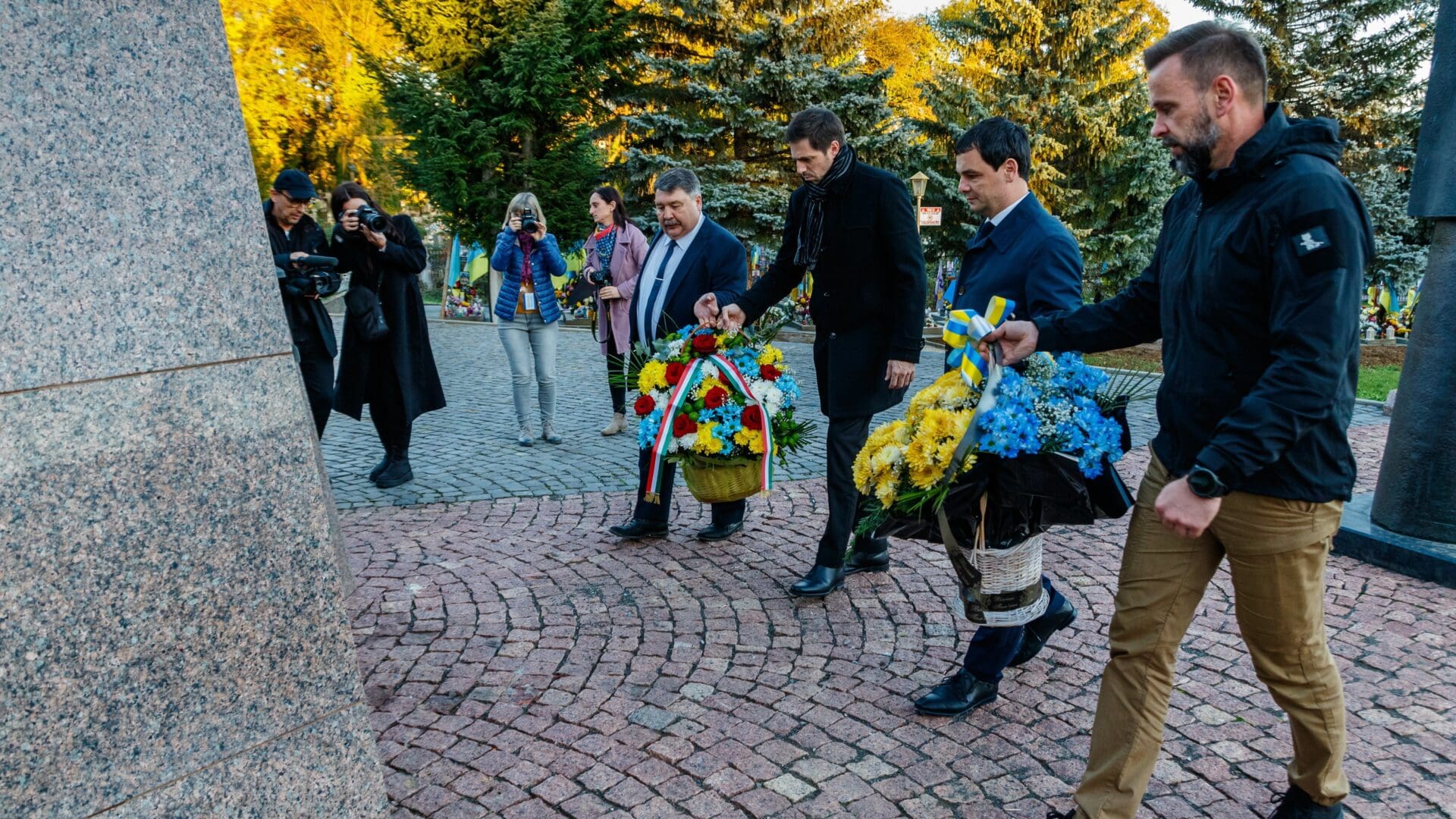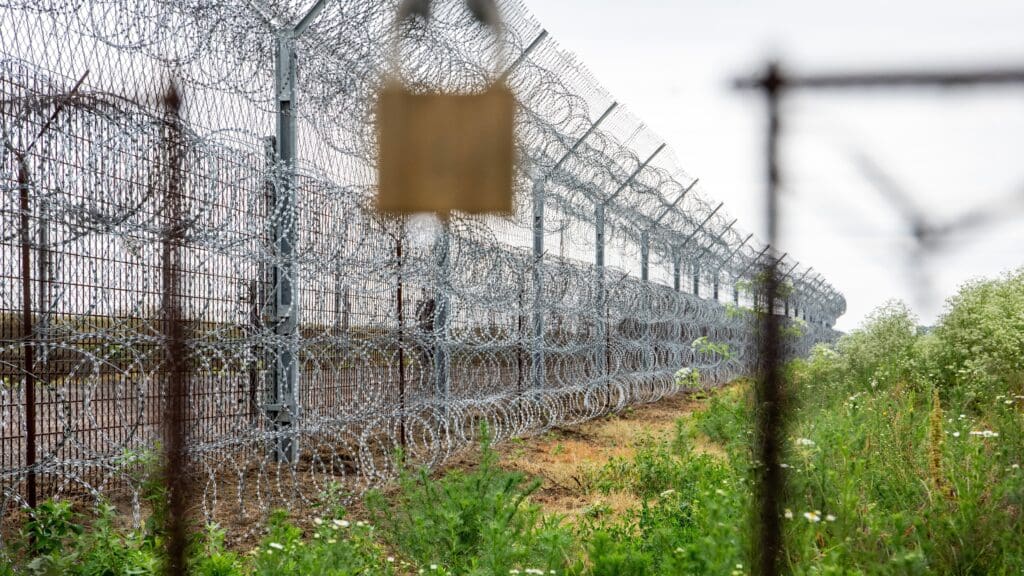There is a ridiculous claim that keeps resurfacing in the Ukrainian, Slovakian and Romanian press: that Hungary has territorial claims against Ukraine, more specifically, concerning Transcarpathia. It is rather odd that the countries in question, two of whom are staunch NATO members, while one is under direct military attack by Russia, fail to recognize Russian disinformation operations behind the allegation. The clearly false claim is aimed at sowing discord among EU and NATO members and candidate countries. How come these countries are inclined to believe their enemy’s propaganda? To answer the question, we need to first look at the peculiar position of the Hungarian minority in Transcarpathia.
For most Western readers such thing as a lack of representation is something completely unheard of, yet there is an organization called UNPO (Unrepresented Nations and Peoples Organization). Its members range from better known countries or regions like Taiwan or Tibet, to existing yet unrecognized ones like Somaliland and to oppressed ethnic minorities like Catalans or the Szeklers/Hungarians in Transylvania. Many of the above are functioning countries, in some occasions working democracies, yet for various reasons the international community doesn’t acknowledge them as independent states, thus they cannot join the United Nations either.
There is a similar case in Transcarpathia, Ukraine where some 150,000 Hungarians live deprived of their rights which they enjoyed before 2014.
In the West there is an unwritten rule that borders, for which countless wars have been fought, cannot be changed at all. Had this rule, or to be more precise, this taboo been broken in the case of Kosovo, and the two northern counties with a Serbian majority been allowed to secede from the breakaway Yugoslav Republic, there would not be any ethnic problem in Kosovo at all. As a side note: it is interesting to note that only those American allies have not acknowledged Kosovo’s independence, resisting serious US diplomatic pressure, who have a real fear of undergoing a similar break-up (Spain, Slovakia, and Romania).
Even a major power like Russia failed to secure recognition of its ‘conquests’ in the case of South Ossetia, Abkhazia or Crimea. The international community does not acknowledge its violent takeovers of foreign territories, with not even Russian allies such as China or Iran playing along.
War is one of the greatest scourges in human history, if not the greatest. Any sane statesman or stateswoman must struggle to avoid one. Wars aimed at re-occupying territories such as the cabinet wars of the 18th century, the ‘chronically undecided wars’ as American historian Russell F. Weigley calls them, are especially futile and meaningless in the 21st century. On top of that, in order to carry out such a manoeuvre, you need to have a clear military superiority. Looking at Hungary’s defence forces, still recuperating from more than a decade of neglect and mismanagement by Socialist-liberal governments, one can see some obvious development, yet they are very far from being able to carry out aggressive diplomacy. Especially because there is no such government goal. This is further underpinned by the 1993 Hungarian–Ukrainian Basic Treaty, where Hungary acknowledged Ukraine’s borders.
To sum up, neither the intention, nor the slightest chance or means are there to support the ridiculous Russian PSYOPS stunt, yet Ukraine, Slovakia, and Romania continue to think it is real. Why is that? Why do they fear to support a precedent like Kosovo? Is it because of their bad conscience over the oppressed hundreds of thousands of Hungarians in these countries? Yes, it obviously is.
Neither Hungarian society nor the Hungarian government support Russian aggression against Ukraine.
We know Russia all too well. Apart from the Poles, we have fought them the most times in the last 160 years. The strong Hungarian scepticism about Ukraine does not come from a love for the Bear. On the contrary, it comes from the love for our oppressed compatriots, who from 2014 onwards lost most of their acquired rights in Ukraine, and today are forced to learn their mother tongue as a ‘foreign language’. Hungarians are second-class citizens in Slovakia, and in Romania, too.
There has not been a single case of a Hungarian government official speaking about invading a bordering country, or overturning the unjust dictate of Trianon, which forced millions of Hungarians to live beyond the motherland’s borders as second-class citizens. What goes without saying, however, is that Hungary, apart from intervening militarily, will do everything in its power to support our fellow Hungarians.
Related articles:








